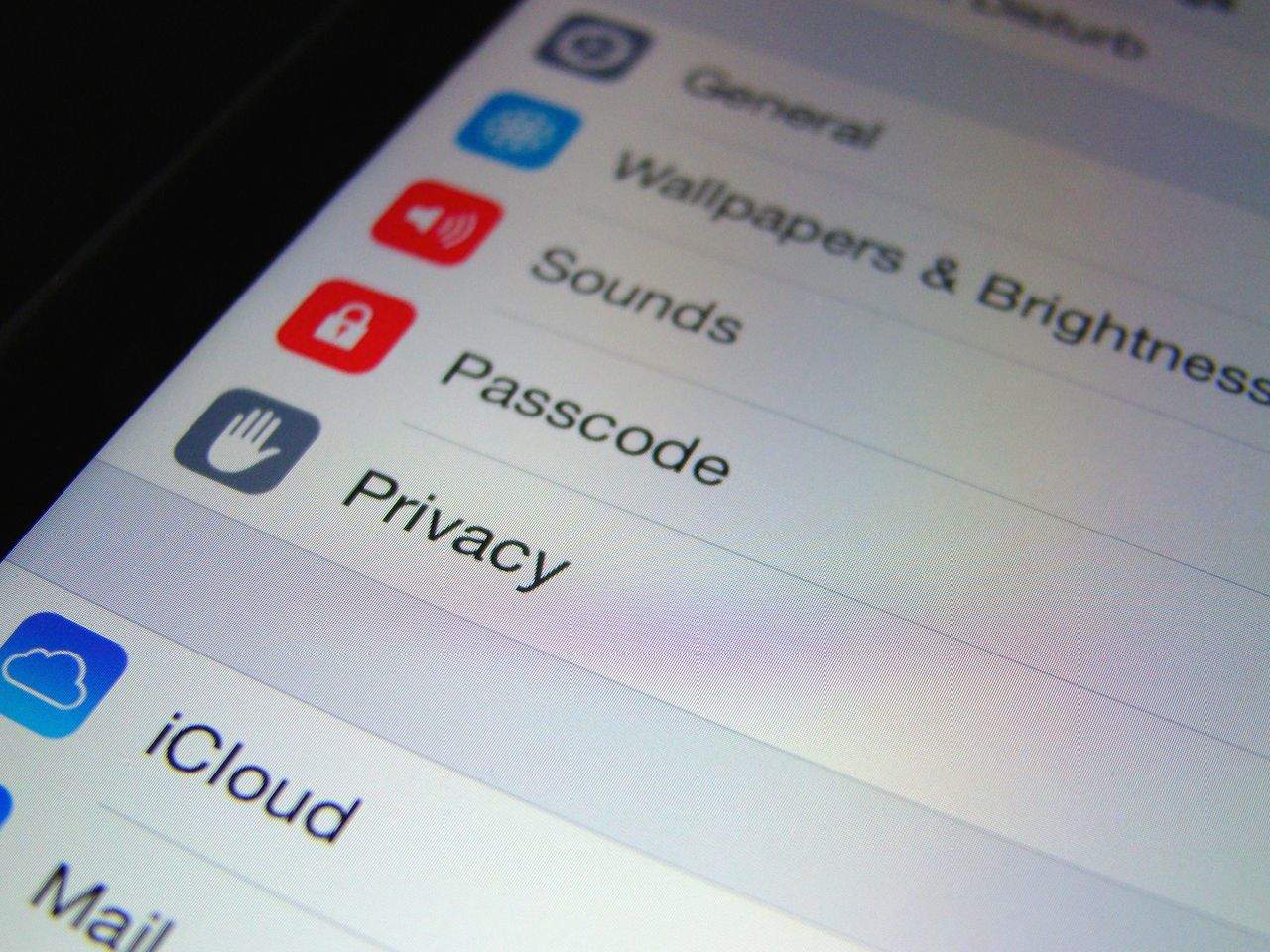Apple is big on secrecy: both its own and its users’. Earlier this year, the company tweaked its software to ensure that even Apple would be unable to crack a passcode set by one of its customers.
“Unlike our competitors, Apple cannot bypass your passcode and therefore cannot access this data,” Apple wrote on its website. “So it’s not technically feasible for us to respond to government warrants for the extraction of this data from devices in their possession running iOS 8.”
Users have generally praised the decision, but government officials have been less than impressed — even going so far as to say Apple’s decision could potentially result in the death of a child.
While most people can see through this kind of scaremongering, the U.S. Justice Department isn’t giving up that easily. According to a new report in the Wall Street Journal, the DOJ is turning to a 225-year-old law called the All Writs Act to try and solve the problem of password-protected cellphones.
“It’s not that unusual for the government to use an All Writs order to get a phone-maker to unlock a phone,” said James Margolin, a spokesperson for the U.S. attorney’s office in the Southern District of New York.
Although no company is explicitly mentioned in the story (which refers to “[XXX], Inc.”), the article notes that last month a federal magistrate in Manhattan ordered the unnamed phone manufacturer to provide “reasonable technical assistance” by unlocking a password-protected phone that may contain evidence in a credit card fraud case.
“It is appropriate to order the manufacturer here to attempt to unlock the cellphone so that the warrant may be executed as originally contemplated,” wrote the presiding judge on October 31.
The WSJ suggests this company could possibly be Apple, since the judge’s order was directed at the manufacturer of the cellphone, and Apple “is one of the few companies that produce both the phone itself and the software that would manage the encryption.”
It is not revealed what happened next, but the company was given five days to protest the order. Apple did not provide any comment on the story.
Last month a separate report claimed that users are better protected by passcodes than Touch ID, because police cannot force defendants to give up “knowledge” since it is defended by the Fifth Amendment, whereas fingerprints are considered more in line with a DNA sample or physical key, which means that citizens are compelled to surrender them up to police.
We haven’t heard the last of this story, that’s for sure.


